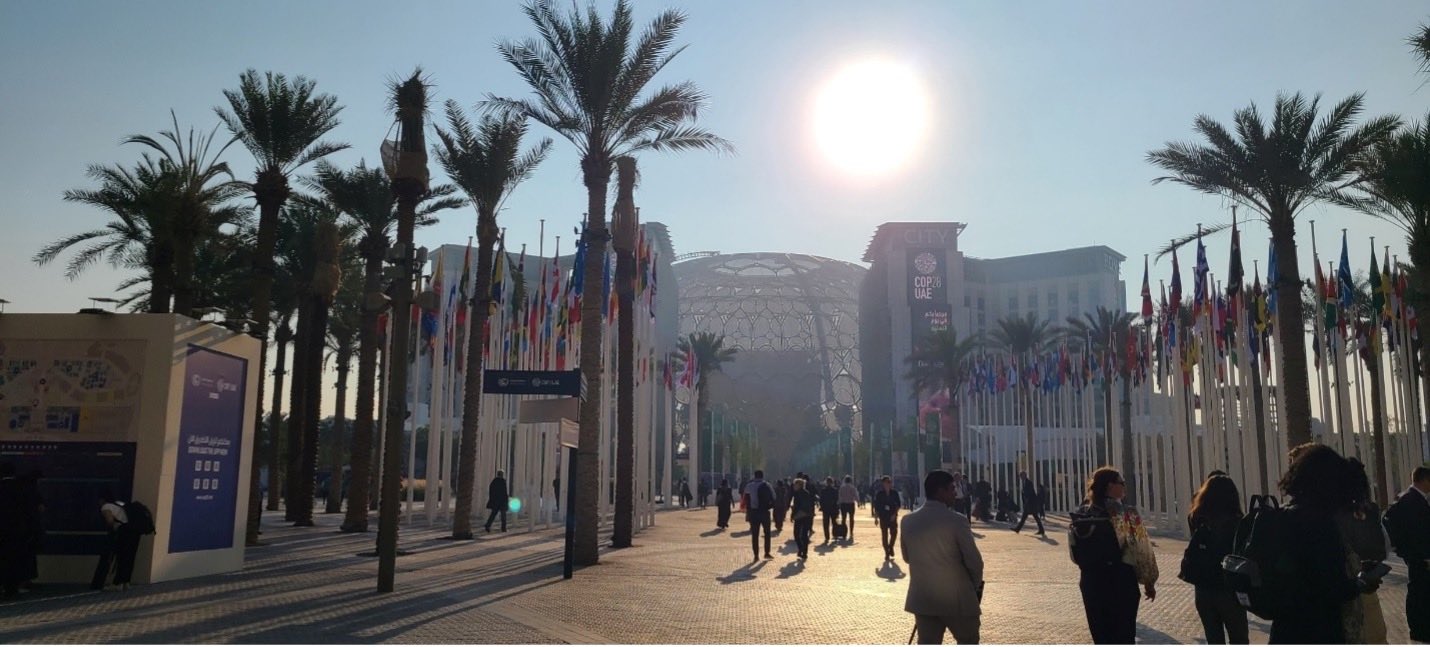
On Observing: Reflections on UN Climate Policy Negotiations from Paris to the Present
Observe (verb) notice or perceive (something) and register it as being significant. watch (someone or something) carefully and attentively. take note of or detect (something) in the course of a scientific study. make a remark. fulfill or comply with (a social, legal, ethical, or religious obligation). maintain (silence) in compliance with a rule or custom, or temporarily as a mark of respect. perform or take part in (a rite or ceremony). celebrate or acknowledge (an anniversary). Source: Oxford Languages (Accessed: March 3, 2024) www.google.com. Nearly every year since 1994, representatives from 198 nations have gathered at the annual meeting of the UN Framework Convention on Climate Change (UNFCCC), known as the Conference of the Parties (COP), to discuss how to address the immense and intractable challenge of anthropogenic climate change. Alongside these national representatives, thousands of participants from environmental and social non-governmental organizations (NGOs), businesses, local governments, Indigenous nations, research institutions, and trade organizations attentively watch the course of the negotiations. These attendees are officially known as “Observers.” I first joined these meetings as an Observer in 2014 at COP 20 in Lima, Peru. The following year in Paris, France, I participated in the sprawling COP 21 negotiations where the Paris Agreement was adopted by participating countries. Then, eight years later, I returned for COP 28 in Dubai, United Arab Emirates. Given this long gap of time, I was able to consider: What has changed from COP 21 to COP 28? How do evolving global conditions influence the process? And what does the act of observing allow within multilateral spaces and the policy-making process? (read more...)
